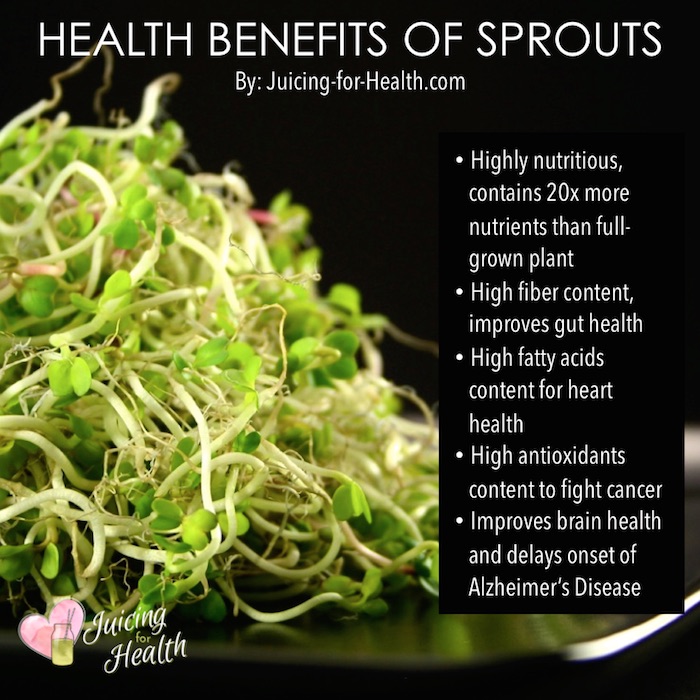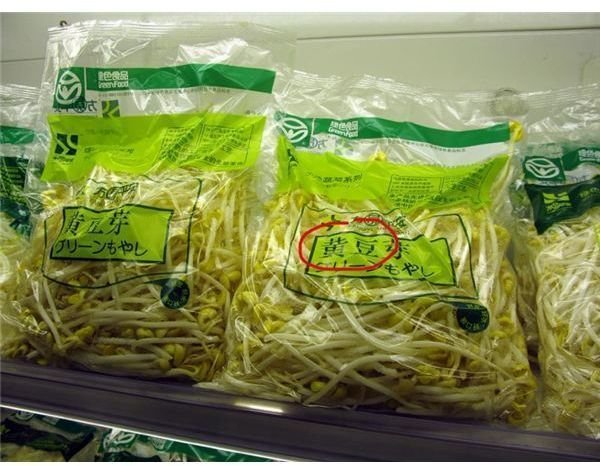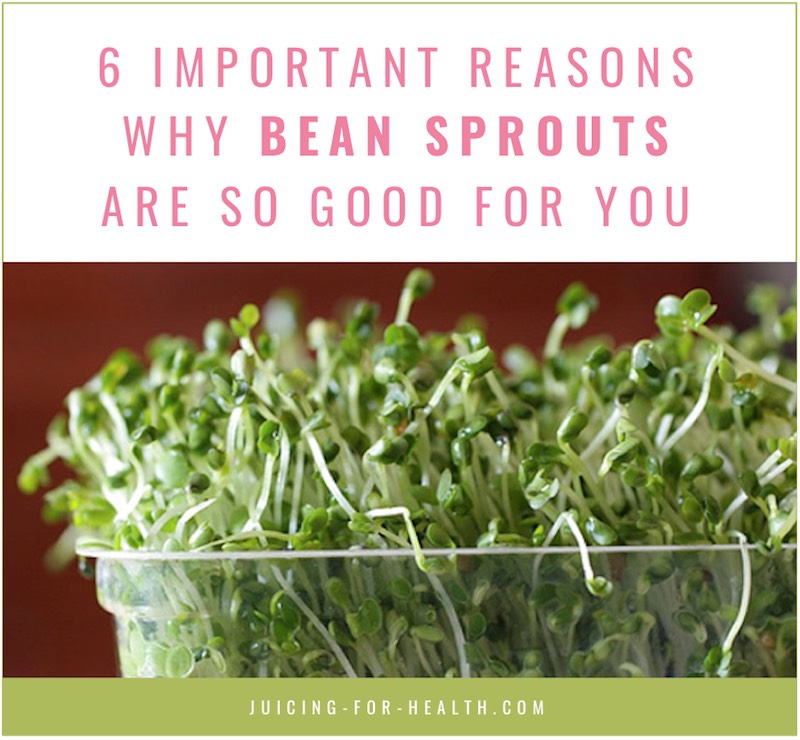

Drain them thoroughly to remove excess moisture, as dampness can cause spoilage. Follow these guidelines to store and preserve mung bean sprouts effectively: Rinse and drain:īefore storing, gently rinse the mung bean sprouts under cold running water to remove any dirt or debris. Proper storage and preservation of mung bean sprouts are essential to maintain their freshness, nutritional value, and taste. They are packed with essential vitamins, minerals, protein, dietary fiber, and health-promoting compounds, making them a valuable addition to any meal plan. In summary, mung bean sprouts are a nutritious and versatile food option that can be easily incorporated into a healthy diet. These sprouts also contain phytonutrients like isoflavones, which are beneficial plant compounds that may offer protection against certain health conditions, such as heart disease and some types of cancer.
#Bean sprout nutrition free
Mung bean sprouts contain various antioxidants, such as polyphenols and flavonoids, which help protect the body against free radical damage and reduce the risk of chronic diseases.

Mung bean sprouts are high in dietary fiber, which aids in digestion, promotes regular bowel movements, and supports a healthy gut microbiome. Protein is essential for building and maintaining muscles, skin, and other body tissues. Mung bean sprouts provide a moderate amount of plant-based protein, making them an excellent choice for vegetarians and vegans. These minerals contribute to strong bones, proper muscle function, and maintaining a healthy balance of fluids in the body. Mung bean sprouts are a good source of essential minerals, such as iron, potassium, magnesium, phosphorus, calcium, and zinc. Additionally, remember to consume mung bean sprouts in moderation, as excessive intake may cause blood sugar levels to drop too low, leading to symptoms such as excessive sweating, hunger, fainting, fatigue, nausea, vomiting, blurred vision, and palpitations. However, if you’re taking diabetes medication, it’s essential to consult with your doctor before incorporating mung bean sprouts into your diet to avoid potential food-drug interactions. Their dietary fiber content also aids in regulating blood sugar levels by reducing the absorption of sugar by the bloodstream. Mung bean sprouts can be a helpful addition to a diabetic diet, thanks to their low glycemic index of 25, which slows the release of sugar into the bloodstream and prevents sudden blood sugar spikes. Overindulging in these fiber-rich sprouts might overstimulate your bowel movements, potentially leading to diarrhea or other digestive discomforts, such as malabsorption, intestinal gas, and bloating. However, it’s essential to enjoy mung bean sprouts in moderation. The dietary fiber found in mung bean sprouts can work wonders for your digestive system, helping with bowel movements and alleviating constipation, as well as other gastrointestinal issues like abdominal pain, irritable bowel syndrome, gas, bloating, and flatulence. The Fiber Factor: Moderation is Key with Mung Bean Sprouts Keep in mind, if you’re allergic to soy, there’s a higher likelihood that mung beans might not be your best friend either, due to cross-reactivity. To minimize this risk, ensure that mung beans are cleaned and sprouted properly. These bacteria can lead to food poisoning, causing symptoms such as vomiting, diarrhea, and stomach cramps. The warm and humid conditions during the sprouting process create an ideal environment for the growth of harmful bacteria like E. Mung beans that are not cleaned or sprouted correctly have a higher risk of bacterial growth. Adhere to your doctor’s guidance regarding consumption and serving size, and avoid overindulging.

Before doing so, consult your doctor to ensure there are no complications or risks of food-drug intolerance. Nonetheless, pregnant and nursing women can consume a moderate amount of thoroughly cooked mung bean sprouts. coli, potentially causing diarrhea, nausea, abdominal cramps, and fever in pregnant women and nursing mothers. They can harbor bacteria like salmonella and E. However, it’s advised to avoid mung bean sprouts during pregnancy and nursing due to the higher risk of bacterial growth (when not properly cleaned and sprouted). Mung bean sprouts are packed with essential nutrients such as vitamin B, vitamin C, iron, potassium, and folate, which contribute to a healthy pregnancy. Consuming Mung Bean Sprouts During Pregnancy and Nursing


 0 kommentar(er)
0 kommentar(er)
